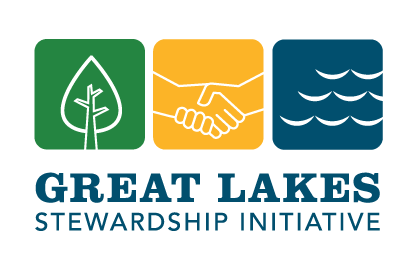During the recent Place-based Education Conference hosted by the Great Lakes Stewardship Initiative (GLSI), guest speaker David Sobel said something that struck a chord with me: “Place-based education is the basket, not the egg.”
In one short phrase, Sobel succinctly explained place-based education metaphorically in the context of a farmer gathering eggs in a basket. Essentially, students are the farmers. The eggs represent the lessons educators use to teach subject-area content and critical thinking skills. Students must gather and retain each “egg” in order to obtain a sufficiently broad body of knowledge. Finally, the basket represents the manner in which students go about acquiring and retaining knowledge and understanding of the world around them.
Sobel believes that place-based education should be manifest in schools as a standard method of teaching, as opposed to an individual project or opportunity that happens only in select classrooms.
How can schools make this paradigm shift? At Groundswell, one of the GLSI’s regional hubs, we continually encourage our teams to cultivate a school-wide culture of place-based education through which students and teachers can approach any subject at any grade level. There are many barriers—from budget cuts to administrative red tape—that can make this difficult to accomplish. Consequently, Groundswell and its community partners have developed the Groundswell School Culture tool kit to assist teachers and administrators with making systemic changes in both school culture and attitudes toward place-based education.
Our tool kit addresses three major challenges: (1) making time for collaboration and planning (time is a valuable but extremely limited resource); (2) communicating and collaborating with community organizations, which is challenging for educators who lack experience working with partners; and (3) giving students the autonomy necessary to implement high-quality place-based experiences while still meeting curricular goals.

Recent Comments